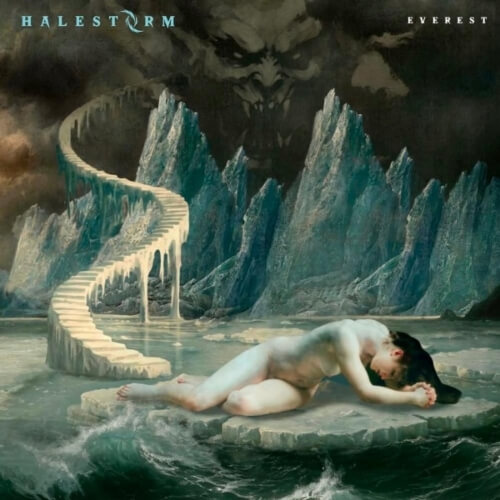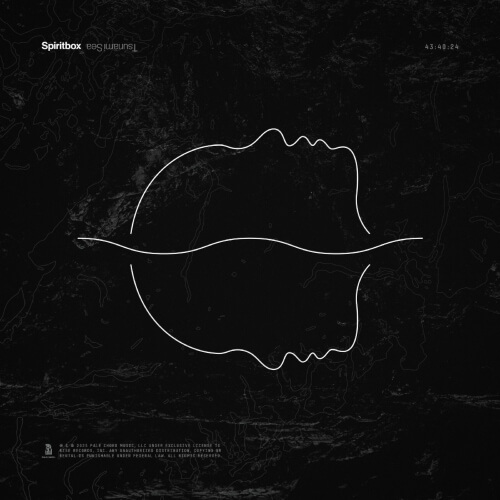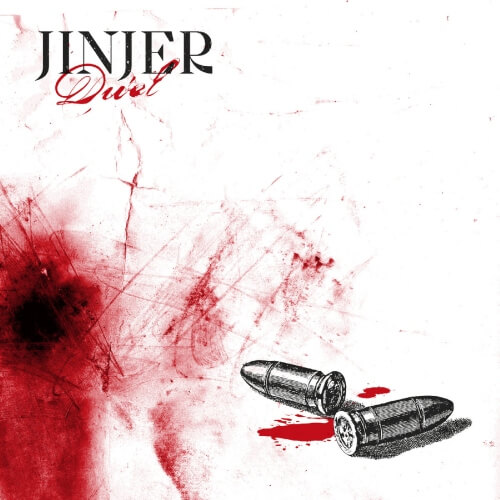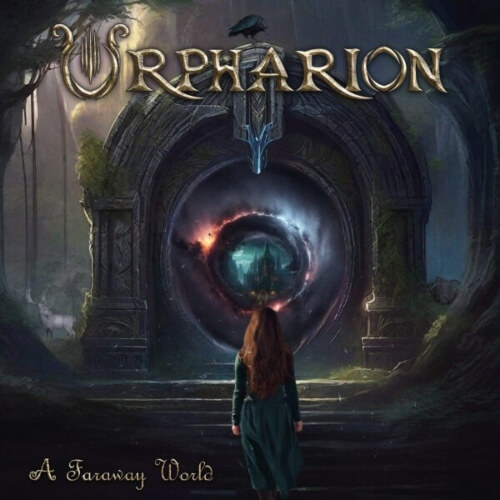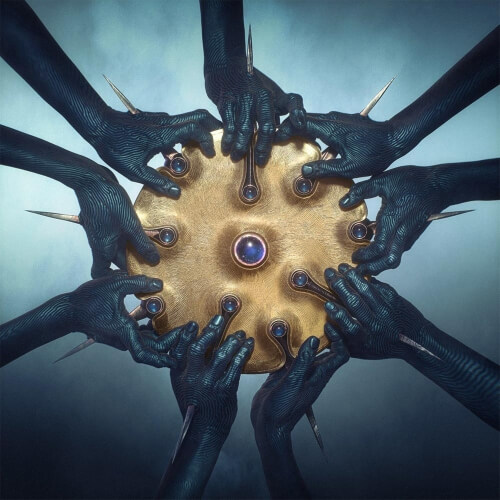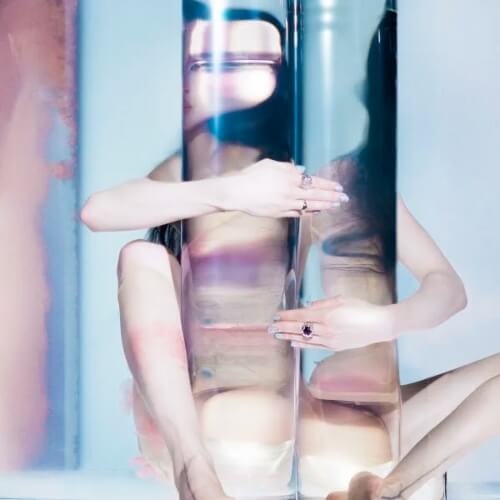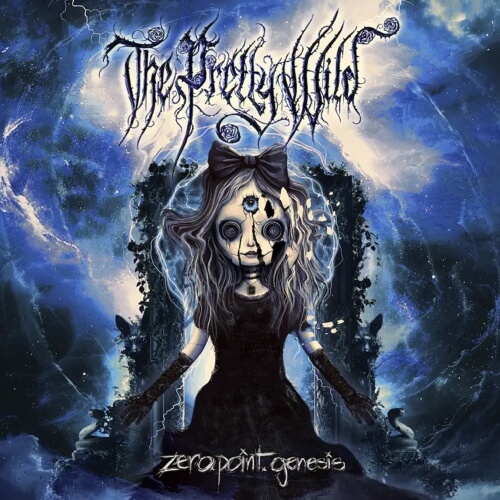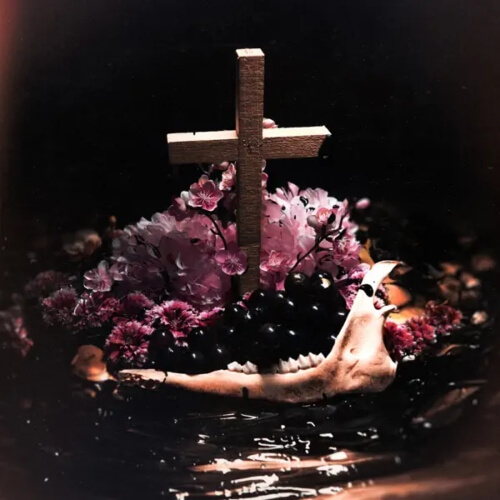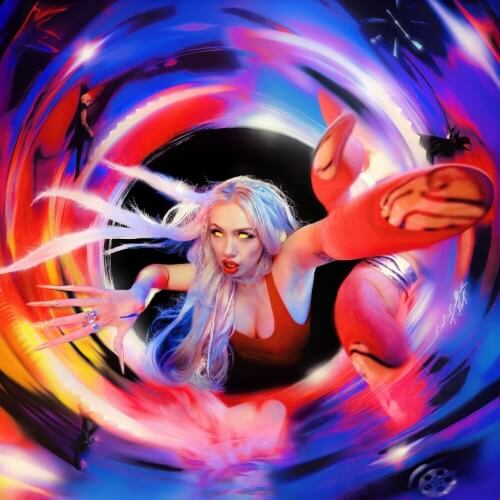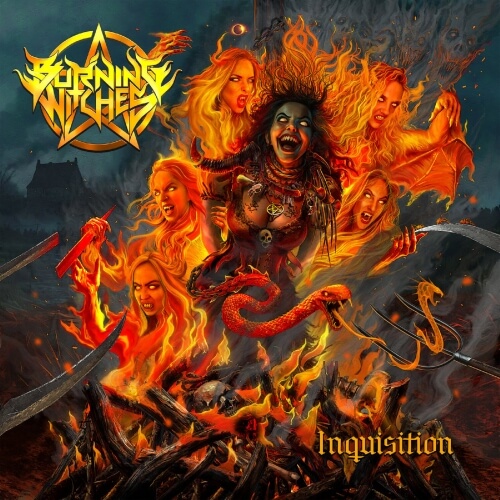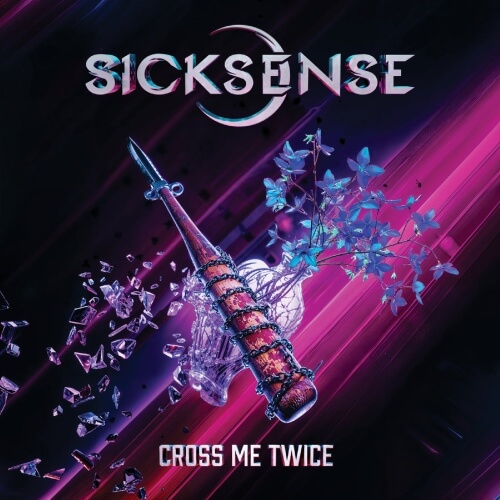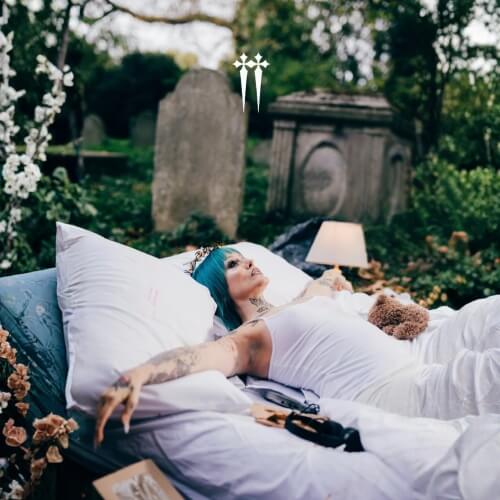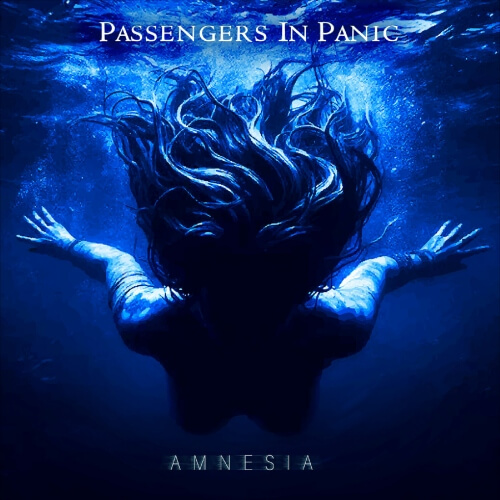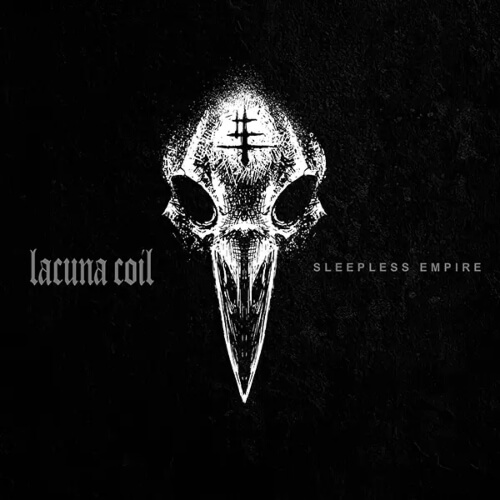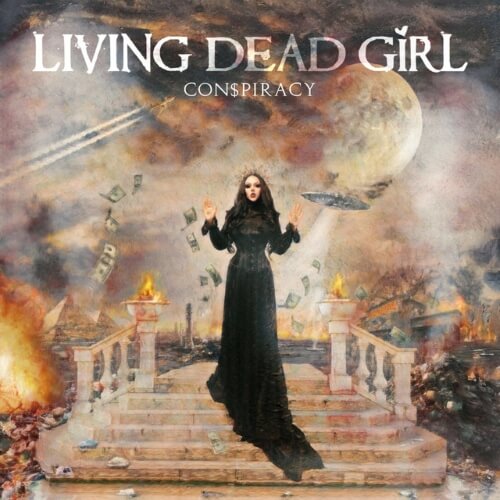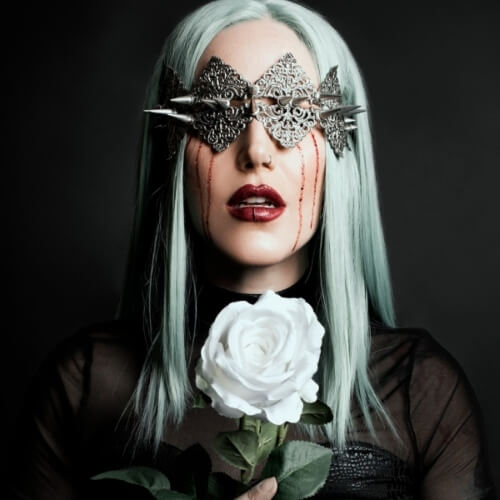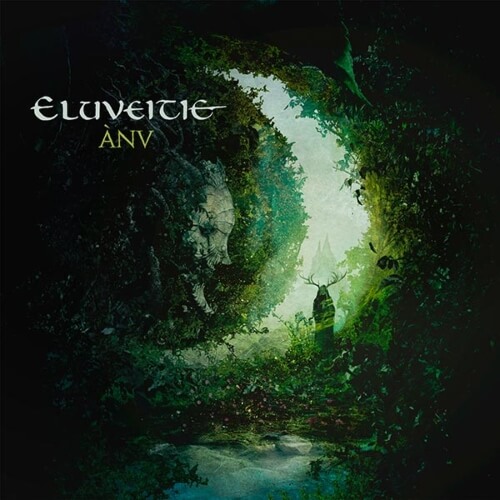We had the pleasure of interviewing Maria Vynohradska from the Ukrainian Doom Metal band, Mental Torment. Hailing from Kyiv, the band is gearing up to release their new album Dead Shot Revival on October 28th. Maria, who recently joined the lineup, shared insights into her musical journey, her experience with the band, and the inspirations behind their upcoming release.
Reuel
Hello Maria! It’s a pleasure to be speaking with you. How are you and the rest of Mental Torment doing?
Maria
Hey! Thanks for having me. This is my first interview like this. We are doing fine and currently actively preparing for the first concert with the new line-up, which is scheduled to take place on November 16.
Reuel
That’s amazing! Your new album, Dead Shot Revival, is set to be released this month. How are you feeling as the release date approaches?
Maria
I didn’t think this time would fly by so fast. It’s exciting considering I’m also responsible for a lot of the visual aspects that need to be prepared in time for the album’s release. For example, there’s a music video for one of our songs that I’m actively working on right now. We did almost everything ourselves. I filmed most of the material and am currently editing it. It must be a very interesting work. To be honest I’m much more worried about the upcoming show with the new material. But I’m sure everything will go well.
Reuel
How has the ongoing situation in Ukraine impacted the creation and release of Dead Shot Revival?
Maria
The war changed everything and everyone. And of course, the changes affected the band as well. Yes, Mental Torment still plays Doom Metal… But we no longer have the boundary that would force us to abandon certain musical decisions. During the recording, we experimented, tried something new for ourselves. And we are sure that everyone will find something for themselves while listening.
Reuel
What themes and ideas does Dead Shot Revival explore?
Maria
This record is very important for us, especially conceptually. It is about changes, about awareness. All the songs were written during the war, and this could not but affect the way our music has become. Yes, this release is a continuation of the previous work… But musically it’s not about madness and despair… it’s about fear, anxiety and hysteria around endless losses. It’s not about a fictional hero of the story – it’s about everyone here and now. The album also captures the historical theme and refers to the period of our history and the theme of the Executed Renaissance – a literary and artistic generation of the 20s and early 30s that produced highly artistic works in the field of literature, painting, music, theater and which was destroyed by mass repressions.
Reuel
Could you share a bit about your musical background? Which musicians influenced you the most growing up, and what inspired you to become a musician?
Maria
So, I picked up a guitar when I was 11. At that time I was strongly musically influenced by artists such as Marilyn Manson and Alice Cooper. And in some sense I just wanted to play my favorite songs on guitar. Who would have thought that it all would end up like this? I am lucky to have parents who supported me in my new endeavor and bought me my first guitar and got me into the right music school, I’d call it a rock school. Then I started listening to heavier music… Besides guitar, I took drum lessons, vocal lessons, piano lessons, and even tried the violin. It certainly helped me in writing my music and in my overall self-development, but I decided that I would dedicate myself to the guitar. I’ve had several guitar teachers, and each one has had their own strong influence.
Maria
My teacher and colleague Alex Glass showed me the world of multi-string guitars and progressive music. It is thanks to him that I now play a seven-string guitar. He also shaped my musical taste in many ways and showed me artists like John Petrucci, Jeff Loomis, Keith Merrow, Andy James, Jason Richardson and Tim Henson, who are now my guitar heroes. Our common work and friendship with Mykhailo from Mental Torment started over shared musical interests and later he invited me to join the band. By the way, going back a little, at the same music school, I was given the opportunity to perform on stage at local music clubs with a band made up of my own music teachers on different instruments. So at the age of 12, I performed on the club stage for the first time. And the funny thing: at the same stage, only more than 5 years later together with Mental Torment we will present our new album.

Reuel
In addition to handling guitar and vocals for Mental Torment, you’ve also created the artwork for the new album, which, if I may say, is stunning. What part of the album or moment inspired this piece of art?
Maria
Let’s be honest, this work was not done without the help of artificial intelligence, from which I got some ideas. In general, this work has a sad depressive historical vibe. On the canvas, there are dark silhouettes of poets and artists, like ghosts. The accentuated sunset behind symbolizes the hope and resilience of these people. In the background are Ukrainian, Kharkiv buildings of the 1920s, which refers to the period of the Executed Renaissance in our history.
Reuel
It’s an amazing window into your album. How do you view the representation of women in heavy music today, and what do you think can be done to encourage greater inclusivity and support for female musicians?
Maria
I believe that both women and men should be assessed equally by their professional skills, and not by their external characteristics. I do not encourage it when, for example, in the music industry, some women get ahead only by playing musical instruments in open, provocative shirts, showing all their physiology, or just going on stage half-naked, sexualizing themselves in order to get more views and attention, while not possessing any special skills. And it turns out that music fades into the background. At the same time, people who really devote time to improving their music business, be they women or men, do not receive as much attention. The visual aspect is certainly important, but let’s not forget that in our sphere, music is overall. There are a lot of cool and truly talented women and men in the music industry. So feel free to support your colleagues in any possible way. Help them organize a concert, or invite them to perform at yours if you organize it yourself, buy merch or at least repost them on social networks. I speak for the promotion of real talent and in general, I believe that no one’s work should be devalued.
Reuel
Thank you so much for your time, Maria! Is there anything else you’d like to add before we wrap up this interview?
Maria
Thank you! Take care of yourselves, everyone. Never give up and never stop improving yourself and your skills.

